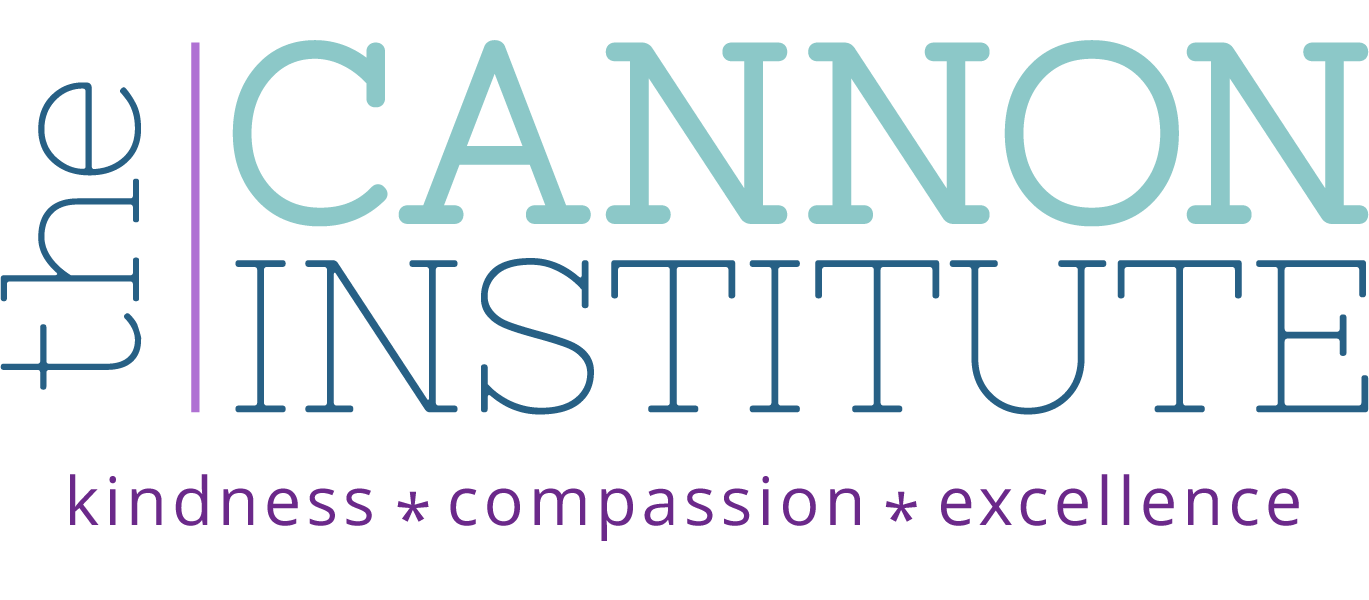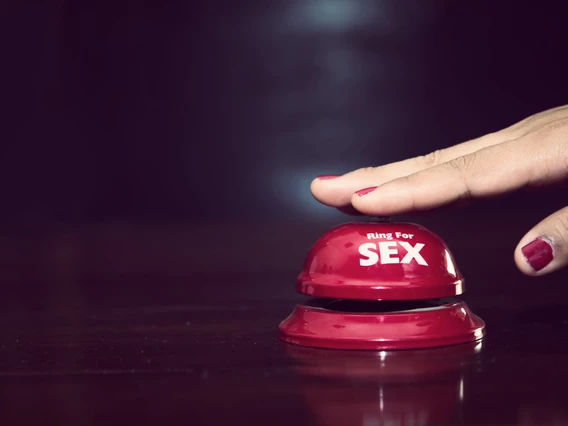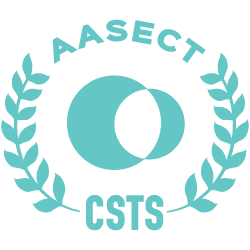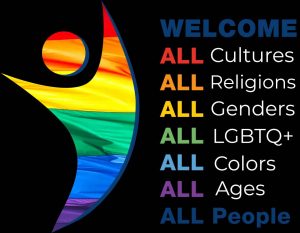Sex can be fun and exciting. We often look forward to connecting with our partners sexually, and sometimes we get really, really excited to experiment with new kinds of sex. It is not unhealthy to seek out different sexual pleasures – it’s a part of enjoying life. Some people have sexual relationships with multiple partners at once; others might be in an open marriage or a polyamorous group. As long as folks are being safe, non-coersive & consensual, the only question to ask is if the kind of sex you are having aligns with your own personal sexual ethics. What feels out of your integrity? What does a healthy sex life mean to you? How do you feel after sex currently? Only you can answer these questions beyond the criteria of safety, non-discrimination & consent. If you are feeling out of control about your sexual habits and behaviors, there is something that is asking to be looked at and deserves your attention and care.
Compulsive sexual behavior can take many different forms. You might develop an addiction to pornography and masturbate when you’re bored, anxious, or upset. Excessive masturbation steals time and energy for other activities; you may feel trapped and unable to control your actions. Sex addiction can also lead to cheating. When you cheat, you risk everything you’ve built with your partner and family. You might fantasize about friends, coworkers, and other relationships when it’s not appropriate. When you sexualize others, you will strain your relationships with them. Left unchecked, you can lose friends or your partner. Sexual urges can lead to impulsive spending on porn and sexual services. If you spend too much money on sex work or sexual products, you’ll diminish your savings and even pick up debt. Compulsive sexual urges express themselves in different ways, but the experience is always painful. When you cannot control these desires, you risk harming yourself, your friends, and your family.
Sexual urges, thoughts, and behaviors that you cannot control are sometimes called hypersexuality, Out of Control Sex Behavior (OCBS), or sex addiction. The DSM-5 (the American Psychiatric Association’s handbook for diagnosing disorders) does not have a definition for hypersexuality, but there are recognizable symptoms. Some criteria for hypersexuality include:
- Recurring sexual fantasies or behaviors that interfere with everyday life
- Sexual desires or behaviors that are triggered by stress, boredom, or anxiety
- Engaging in sexual activity that might be harmful to oneself or others
- Regularly attempting to control or stop sexual fantasies or urges without success
- Lying to cover up sexual behavior
- Feeling guilty or upset after sexual encounters
Taking pleasure in sex or engaging in a lot of sex does not define OCBS. Sex addiction is not diagnosed by how much sex someone has, but by how their sexual urges interfere with their daily activities, relationships, and if they feel they have self-control. “Some people have enormous amounts of sex. Most of them are fine with it,” says clinical psychologist and sexologist Dr. James Cantor, “People start looking for help when they – or when people in their lives – point out that the behavior is causing harm and is a problem. When their grades are dropping because of the sexual behaviors, they are being put on probation at work or causing family members to suffer, we would start saying the person is addicted.” Treating hypersexuality is about understanding what is at the root of the behaviors, healing relationships, and regaining control of your life; it is not about dismissing or condemning sexual pleasure.
Counseling can help you if you are struggling with sex addiction. If hypersexuality is harming a relationship, you could pursue couples counseling to communicate more openly with your partner. It can be very hard for people to be honest with their partners when there is so much shame and regret they feel about their past. Individual counseling can also help you recognize unhealthy behaviors or identify the triggers that keep the cycle of compulsion alive.
Counseling can help you:
- Communicate clearly with your partners to start healing the relationship
- Understand the damage caused by compulsive behaviors
- Find new ways to manage stress or anxiety
- Build healthy behaviors that do not interfere with your daily life
- Connect with your sexuality in a healthy way
Overcoming sex addiction can be a challenge, but it is possible. Treating sex addiction connects you with your sexuality in a healthy way; it helps you view your sexuality wholistically beyond sexual impulses. While hypersexuality interferes with your daily life, treatment can help you connect your sexuality to your everyday wellbeing. Healthy sexuality helps you connect with your body and experience pleasure in new ways through pleasure rituals and self-care. When you have a healthy relationship with your sexual needs, you take greater satisfaction in sexual and nonsexual relationships and connect with others without objectifying them. “As you start to grow and you have this structure to be able to change yourself, and start to build trust for yourself,” says hypersexuality researcher Dr. Patrick Carnes, “all your relationships shift and they deepen and become more meaningful.”












